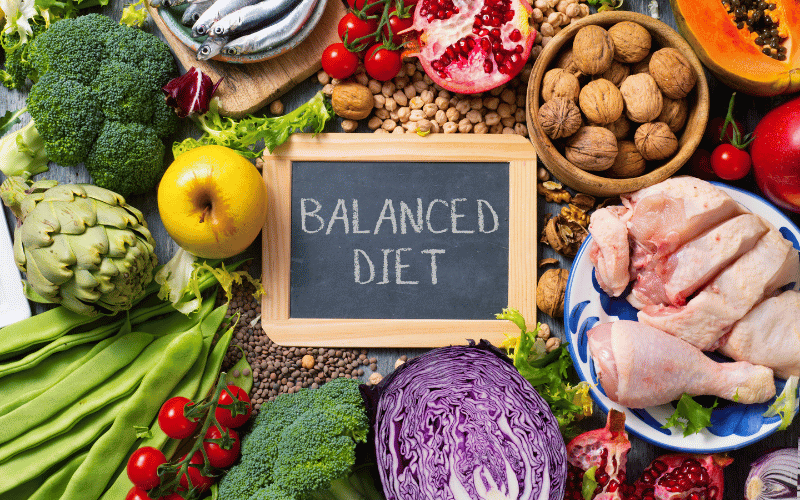9. The Link Between Gingivitis and Nutrition: Eating for Gum Health

Nutrition plays a pivotal role in the health of your gums, influencing the development and progression of gingivitis. The mouth is the gateway to the body, and what we eat directly affects its environment. Diets high in sugars and simple carbohydrates can encourage the growth of plaque-forming bacteria, the primary culprits in gingivitis.
Conversely, a balanced diet rich in nutrients bolsters gum health. Vitamins A and C, in particular, are crucial for maintaining the integrity of the gum tissue. Vitamin C, known for its role in healing and immune function, helps in maintaining the connective tissues in the gums and accelerates recovery from gingivitis. Meanwhile, Vitamin A is essential for maintaining healthy mucous membranes in the mouth.
Foods high in antioxidants also play a significant role. Antioxidants fight against oxidative stress, which can contribute to tissue damage in the gums. Incorporating foods like berries, nuts, and leafy greens into your diet can provide these beneficial antioxidants.
Equally important is hydration. Drinking plenty of water helps in maintaining saliva flow, which naturally cleanses the mouth and removes particles that may lead to plaque buildup. A well-hydrated mouth is less susceptible to gingivitis.
The relationship between diet and gingivitis is a testament to the adage, “You are what you eat.” By choosing foods that support oral health, you can actively contribute to the prevention and management of gingivitis, keeping your gums healthy and strong. (9)